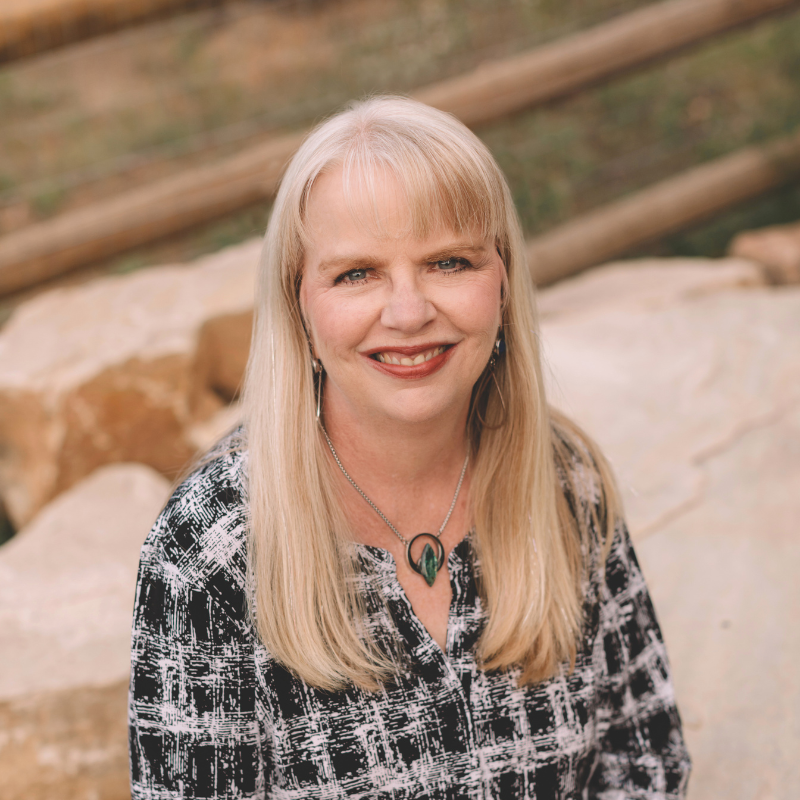Navigating Financial Priorities In Your Life and as a Solopreneur:
You may be asking yourself – should I save and invest or pay down debt first? As someone who manages both your personal and business finances, you wear many hats and juggle multiple responsibilities. One crucial aspect of your personal and professional life is managing your finances effectively and planning for your future.
But what should you prioritize: saving and investing, or paying down debt? This is a common question that many families and solopreneurs face, and it’s a crucial decision that can have a significant impact on your financial success.
Your first line of defense: Getting rid of debt and building savings.
Before you embark on any long-term investment plans, it’s essential to establish a solid financial foundation. This means creating an emergency fund for both your personal and business needs. A healthy emergency fund should cover at least three to six months of living expenses or operational costs, respectively.
I wrote an in-depth blog all about The Importance of Having an Emergency Fund, so check out for information and steps on how to build your emergency fund.
Having this financial cushion in place can save you from resorting to high-interest debt when unexpected expenses arise.
Eliminating high-interest debt: Why it’s essential before investing:
Carrying high-interest debt, such as credit card balances, can erode your financial well-being over time. High-interest rates can quickly snowball, leaving you with a mountain of debt that is difficult to overcome. It’s essential to prioritize paying off these debts before considering long-term investments, like contributing to a 401(k) or investing in your business.
Here’s a simple example to illustrate this point: Currently the average credit card interest rate is 24%. If you had $5000 on cards and only pay the minimum payment, you could wind up paying another $5000 in interest and take almost 7 years to pay it off. It doesn’t make sense to invest in a SEP IRA, which might yield an average return of 7-8% per year. By paying off high-interest debt first, you free up more funds to put toward your long-term goals.
Striking the right balance: A strategy for your life and business
It’s crucial to find the right balance between paying down debt and saving for the future. Here’s a step-by-step guide to help you navigate this process:
Create a budget: Your Spending Plan is dynamic, not restrictive. Start by outlining your monthly income and expenses. This will help you identify areas where you can cut back to free up funds for debt repayment and savings. Set priorities and eliminate things that aren’t moving you in the right direction.
Establish an emergency fund: Set aside funds for both personal and business emergencies. Aim to save at least three to six months’ worth of expenses for each. Start with a percentage of your income like 5-10% each check and then put the rest towards debt.
Pay off high-interest debt: Focus on eliminating high-interest debt, such as credit card balances, before allocating funds to long-term investments. There are two schools of thought when it comes to eliminating debt. You can focus on the smallest balances (the debt snowball), or throw all the rest at the highest interest rate. Maybe some combination of the two because there’s an emotional win and cash flow help when you eliminate the small balances.
Contribute to retirement savings: Once you’ve tackled high-interest debt, prioritize saving for your retirement. As a solopreneur, consider setting up a SEP IRA or a Solo 401(k) to maximize your retirement contributions. Talk with your financial advisor and tax professional to determine if this is a good fit for you. There are other options to tax-advantaged savings for the long haul. Don’t let lifestyle creep take away from your retirement plans.
Invest in your business: With a solid financial foundation in place, it’s time to invest in your business. Look for opportunities to grow, such as expanding your product line, investing in marketing, or hiring support staff.
Remember, as a solopreneur, your personal and business financial health are intertwined. By following these steps and making informed decisions about saving, investing, and paying down debt, you’ll be well on your way to achieving financial success and stability in both areas of your life.
You’ve got this! Embrace your role as a solopreneur and take control of your financial future. Start today by evaluating your current financial situation and making a plan that prioritizes both short-term stability and long-term growth. And remember, as your personal financial coach, I’m here to support you every step of the way.
If you are ready to take control of your finances and become intentional with your income, contact me.
Learn how to create a spending plan to eliminate debt and build wealth. We will schedule some time together and see if we are a good fit to work together. I’ll learn about your struggles and goals, and you’ll learn about my financial coaching program.
Schedule your Discovery Call today. In the meanwhile, Be Wise!

